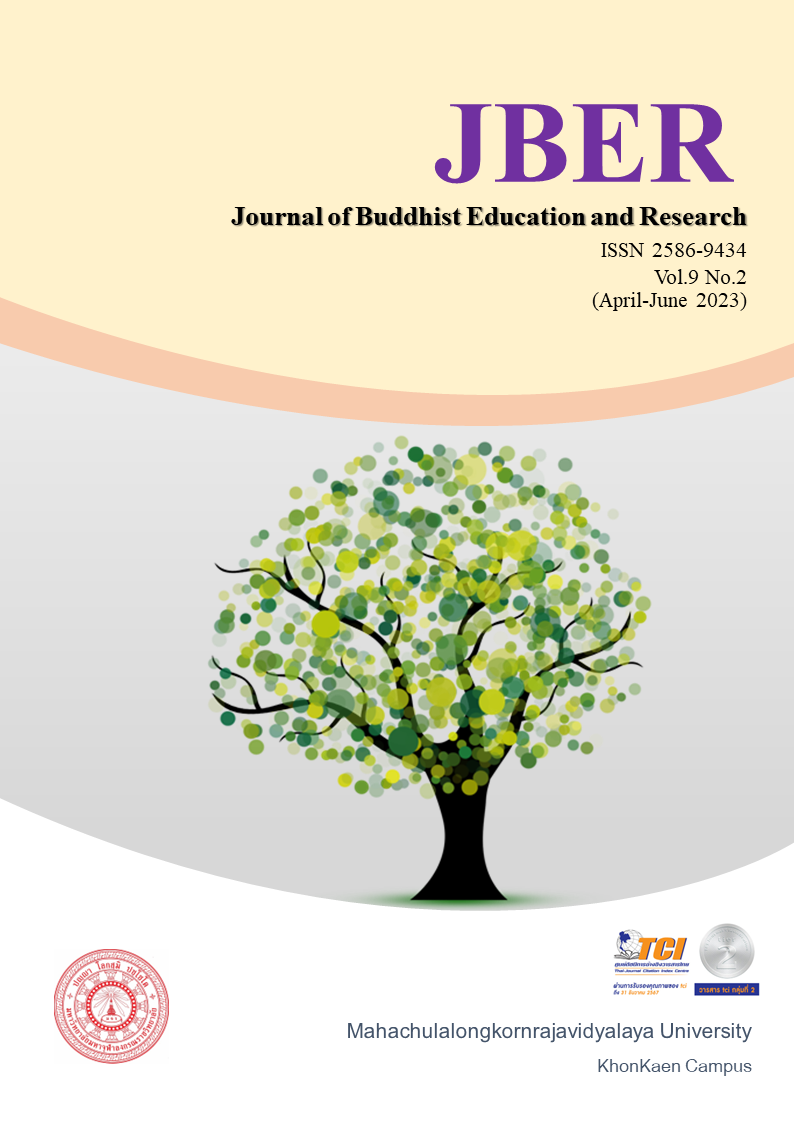RESEARCH ON THE RELATIONSHIP BETWEEN MANAGEMENT RESTRICTED STOCK PLAN AND LOYALTY: FROM THE PERSPECTIVE OF CORPORATE GOVERNANCE
Keywords:
Management; Restricted stock plans; Loyalty; Corporate governanceAbstract
The current economic situation in China is becoming increasingly severe, and many companies in the midst of it have a strong tendency for their management to leave, intending to find a more stable development platform at a time of declining corporate efficiency. For these companies, their stable employment relationships are under serious threat. How to enhance management loyalty through restricted stock plans is of practical theoretical value for companies at this time. In this paper, we analyze the effectiveness of the management restricted stock plan in enhancing management loyalty from the perspective of corporate governance, and explore effective ways to improve corporate competitiveness and the theoretical basis for improving the management restricted stock plan in China, taking Company A as an example.
The main conclusions based on this study are as follows: firstly, restricted stock plans play a mediating role in enhancing management loyalty in the corporate governance process; secondly, there are three main factors that influence management loyalty in the process of implementing restricted stock plans, namely: the grant amount factor, the restriction period factor, and the corporate institutional mechanism factor; finally, the implementation of restricted stock plans is appropriate in companies facing the dual pressure of economic downturn and high management turnover situation.





